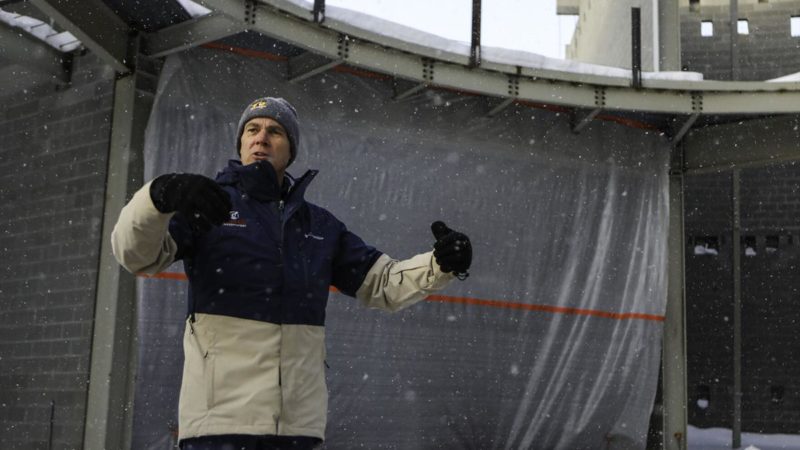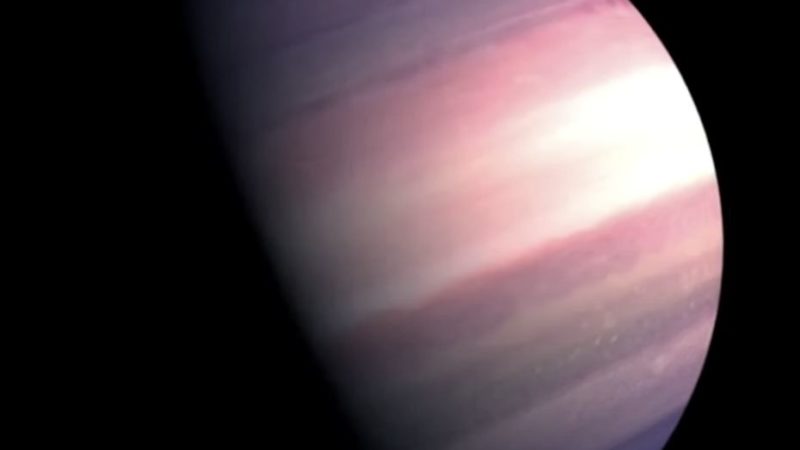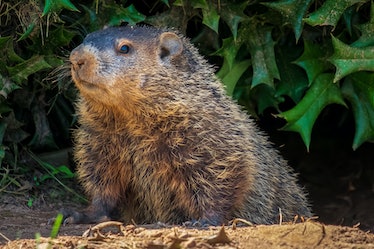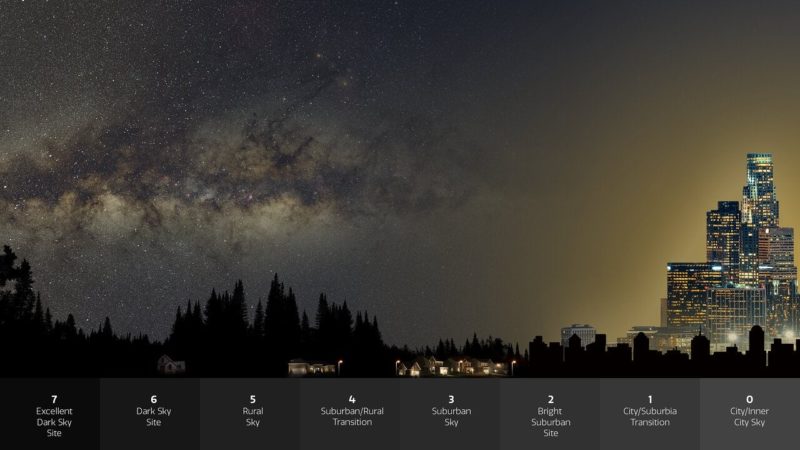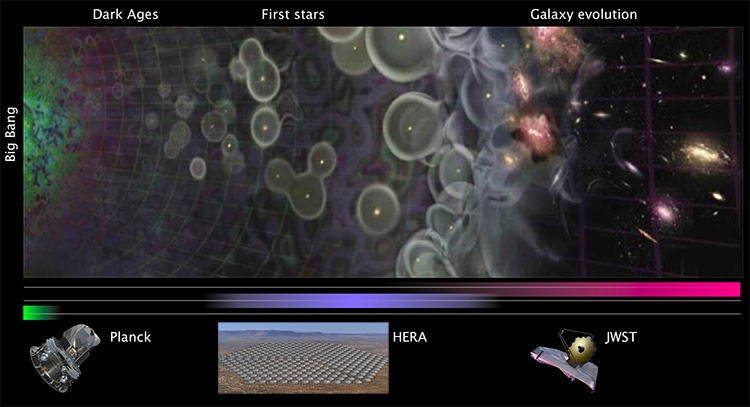Saturn now boasts Solar System’s most known moons: 82 – Astronomy Now Online
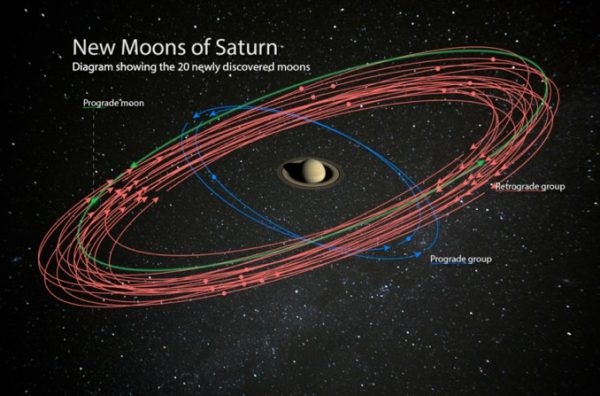
A team led by Carnegie astronomer Scott Sheppard has discovered 20 new moons orbiting Saturn, pushing the ringed planet’s total to a record 82 – three more than Jupiter’s currently known 79.
Each of the newly discovered moons has a diameter of about five kilometres (3 miles) and 17 of them orbit Saturn in the a retrograde direction opposite the planet’s rotation. The other three orbit in the same prograde direction as Saturn.
The retrograde moons orbit at roughly the same inclination, or tilt, indicating they may be fragments of a larger body that broke apart in the distant past. Likewise, two of the newly found prograde moons fit in with an already known group sharing an orbital tilt of about 46 degrees. They, too, may have once been part of a larger moon.
The third newly found prograde moon orbits at an inclination of 36 degrees, similar to a group of inner prograde satellites. This one, however, is much farther from Saturn than any of the others.
“Studying the orbits of these moons can reveal their origins, as well as information about the conditions surrounding Saturn at the time of its formation,” Sheppard said. “This kind of grouping of outer moons is also seen around Jupiter, indicating violent collisions occurred between moons in the Saturnian system or with outside objects such as passing asteroids or comets.”
The new moons were discovered by Sheppard, David Jewiutt of UCLA and Jan Kleyna of the University of Hawaii using the Subaru telescope atop Mauna Kea in Hawaii.
“Using some of the largest telescopes in the world, we are now completing the inventory of small moons around the giant planets,” said Sheppard. “They play a crucial role in helping us determine how our Solar System’s planets formed and evolved.”
Sheppard discovered 12 new moons orbiting Jupiter last year and invited the public to help name five of them. Because of an enthusiastic response, he has organised a similar contest to come up with names of for Saturn’s newly discovered satellites.

